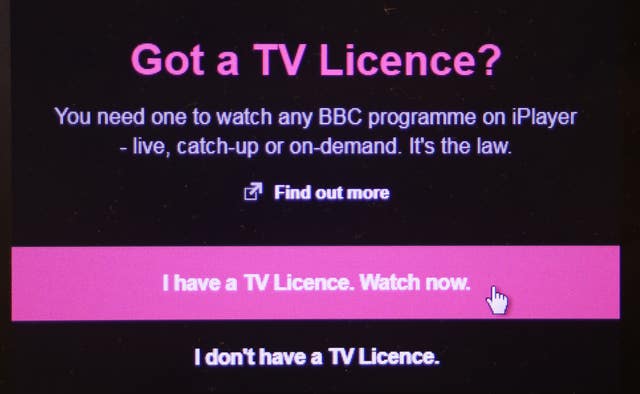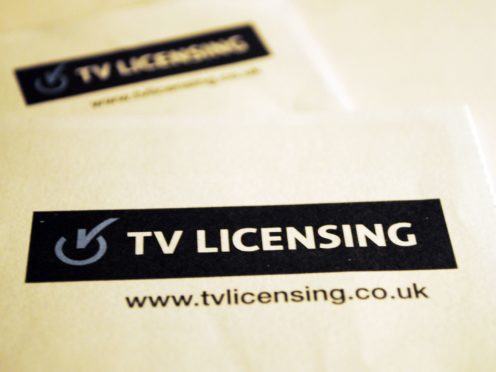Downing Street has declined to deny a report that the BBC TV Licence fee may rise by less than the rate of inflation in the future.
The fee is set by the Government, which announced in 2016 that it would rise in line with inflation for five years from April 1 2017.
The annual charge, currently £159, normally changes on April 1 each year.

The Times reported the fee will rise by less than the rate of inflation in future because ministers are concerned about hitting households with higher bills.
Ministers are understood to have rejected calls by the corporation for it to increase the licence fee in line with inflation, as in previous years, the newspaper said.
The Prime Minister’s official spokesman said: “We haven’t set out our proposals for the licence fee at this point.
“The next settlement covers the next five years from April 2022. No decisions have been made and we’d announce a decision to Parliament in due course.”
In February is was announced the cost of the annual TV Licence fee would increase from £157.50 to £159 from April 1 2021.
Government confirms TV Licence to rise in line with inflation: https://t.co/TqwFWQK1Ph
— BBC Press Office (@bbcpress) February 8, 2021
The cost of an annual black and white licence rose from £53.00 to £53.50.
The licence fee model has come under fire amid criticism of the broadcaster over equal pay, diversity and competition from streaming services such as Netflix, as well as the abolition of free TV licences for all over-75s.
The over-75s were given a grace period on TV licence payment because of the Covid-19 pandemic, but this ended on July 31. Only those who receive pension credit do not have to pay the annual sum.
The BBC has been contacted for comment.
